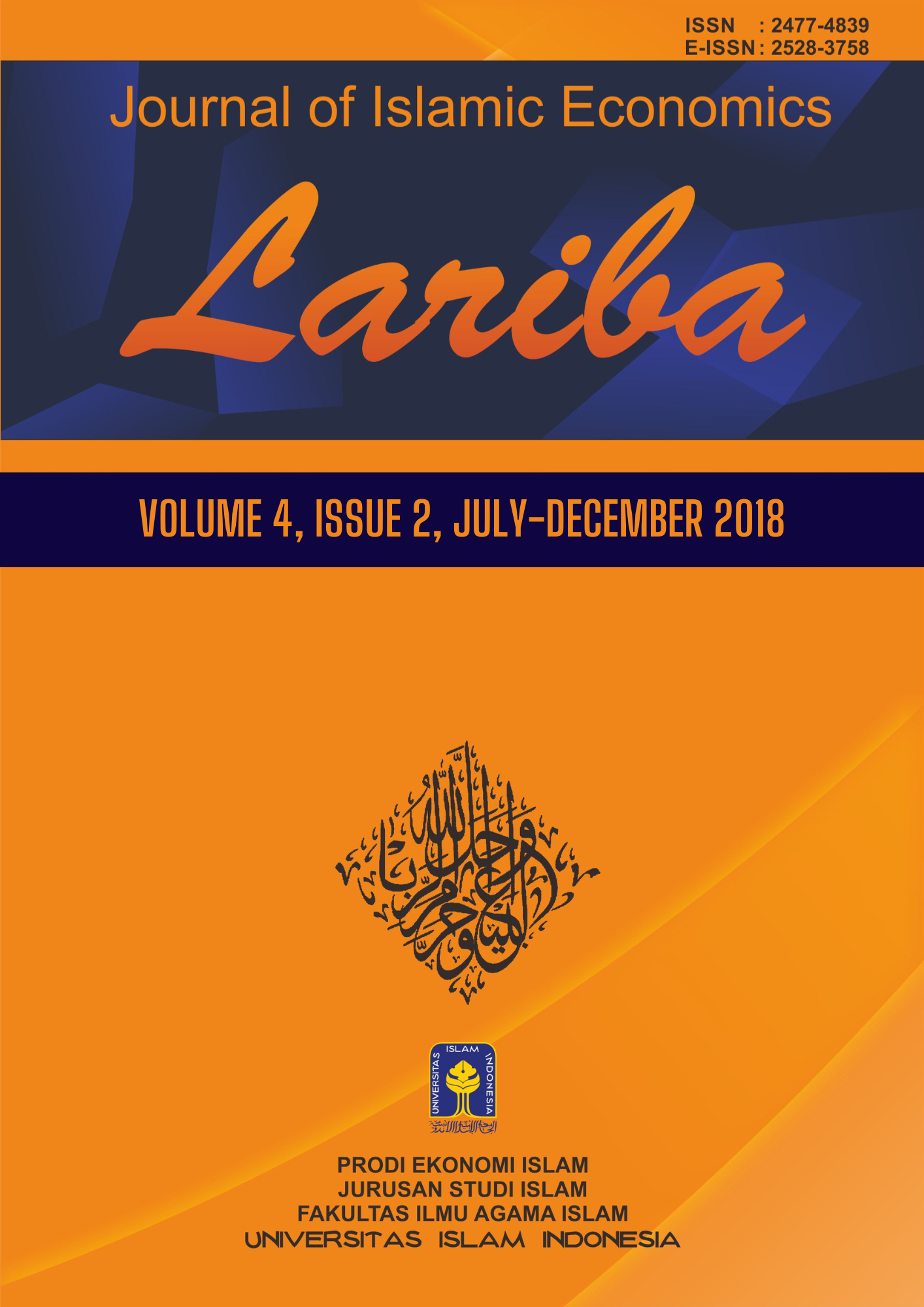Main Article Content
Abstract
The banking sector has an essential role in supporting economic growth in the world. Islamic banking has become an increasingly popular method for reducing poverty, financial inclusion and economic development. Its existence is needed in developing countries like Indonesia. The purpose of this study is to identify and prioritize challenges that hinder the growth of Islamic banking in Indonesia. The study was conducted in two stages: the first stage of investigating the challenges in the sharia banking industry in Indonesia. The second phase identifies and determines the priority challenges that hinder the growth of sharia banking using Analytical Hierarchy Process (AHP). The results reveal that the biggest challenge is the regulatory framework. Islamic banking requires favorable government policies and regulations and a positive effect on Islamic banking. Government policies to expand the market share of Islamic banking is one of the priority to be done soon. The second challenge is the lack of qualified human resources. Human resources in Islamic banking should be knowledgeable both sharia law and economics. Hence, providing qualified human resources need specialized education institutions concerning in Islamic finance. The third challenge is the lack of awareness of Islamic banking even in a Muslim community. They have a less understanding about the terms, products, and also Islamic principles of Islamic banking.
Keywords
Islamic banking growth
regulatory environment
human resources
public awareness
Analytical Hierarchy Process
Article Details
License
Copyright (c) 2018 Chaidir Iswanaji

This work is licensed under a Creative Commons Attribution-ShareAlike 4.0 International License.
Authors who publish with this journal agree to the following terms:
- Authors retain copyright and grant the journal right of first publication with the work simultaneously licensed under a Creative Commons Attribution License that allows others to share the work with an acknowledgement of the work's authorship and initial publication in this journal.
- Authors are able to enter into separate, additional contractual arrangements for the non-exclusive distribution of the journal's published version of the work (e.g., post it to an institutional repository or publish it in a book), with an acknowledgement of its initial publication in this journal.
- Authors are permitted and encouraged to post their work online (e.g., in institutional repositories or on their website) prior to and during the submission process, as it can lead to productive exchanges, as well as earlier and greater citation of published work (See The Effect of Open Access).
How to Cite
Iswanaji, C. (2018). Challenges inhibiting Islamic banking growth in Indonesia using the Analytical Hierarchy Process. Journal of Islamic Economics Lariba, 4(2), 97–107. https://doi.org/10.20885/jielariba.vol4.iss2.art4





